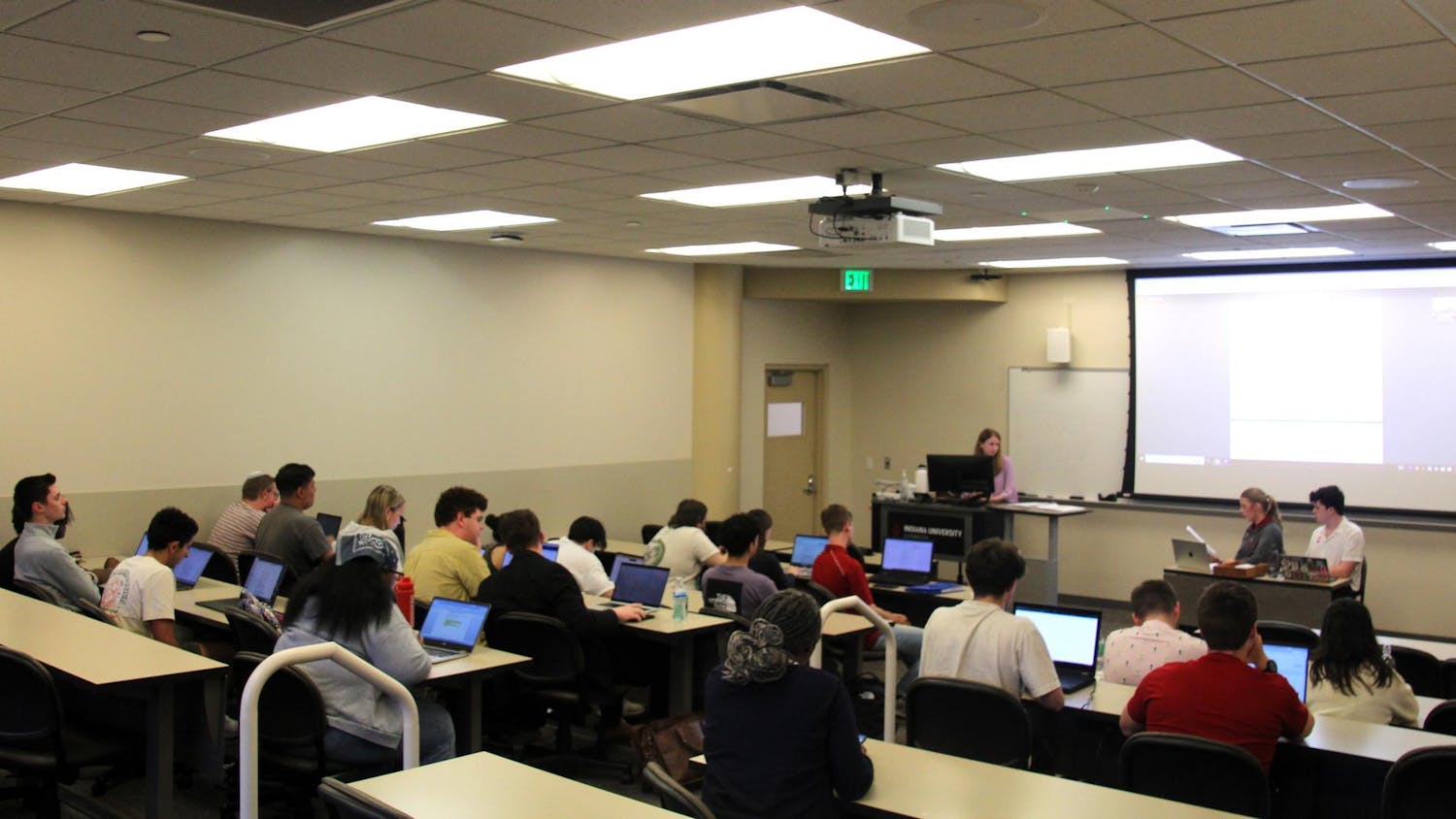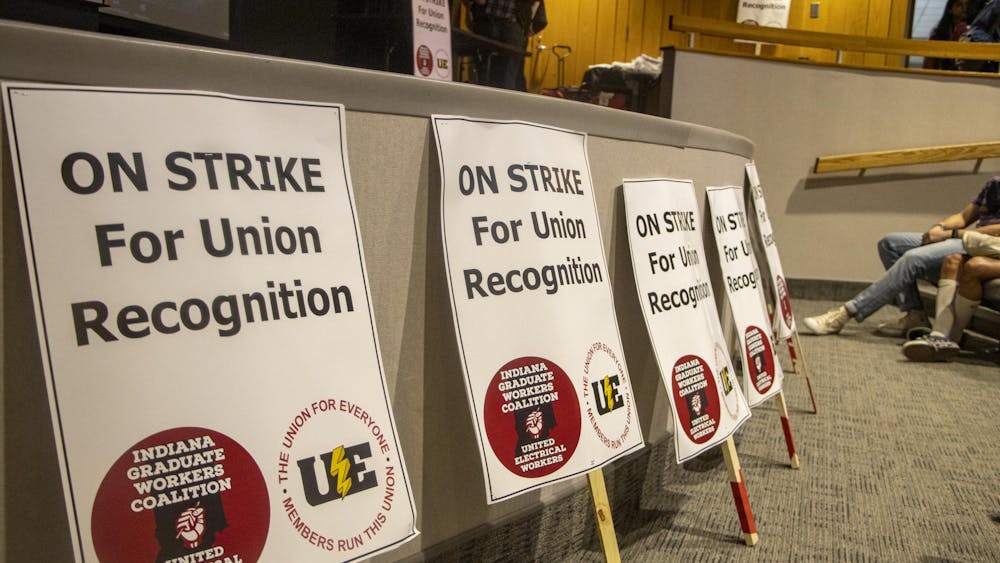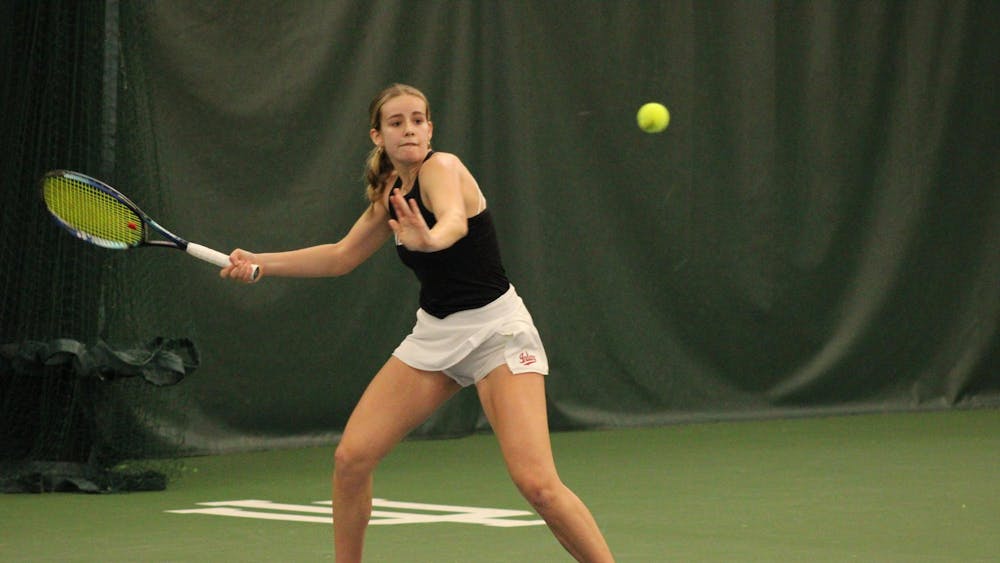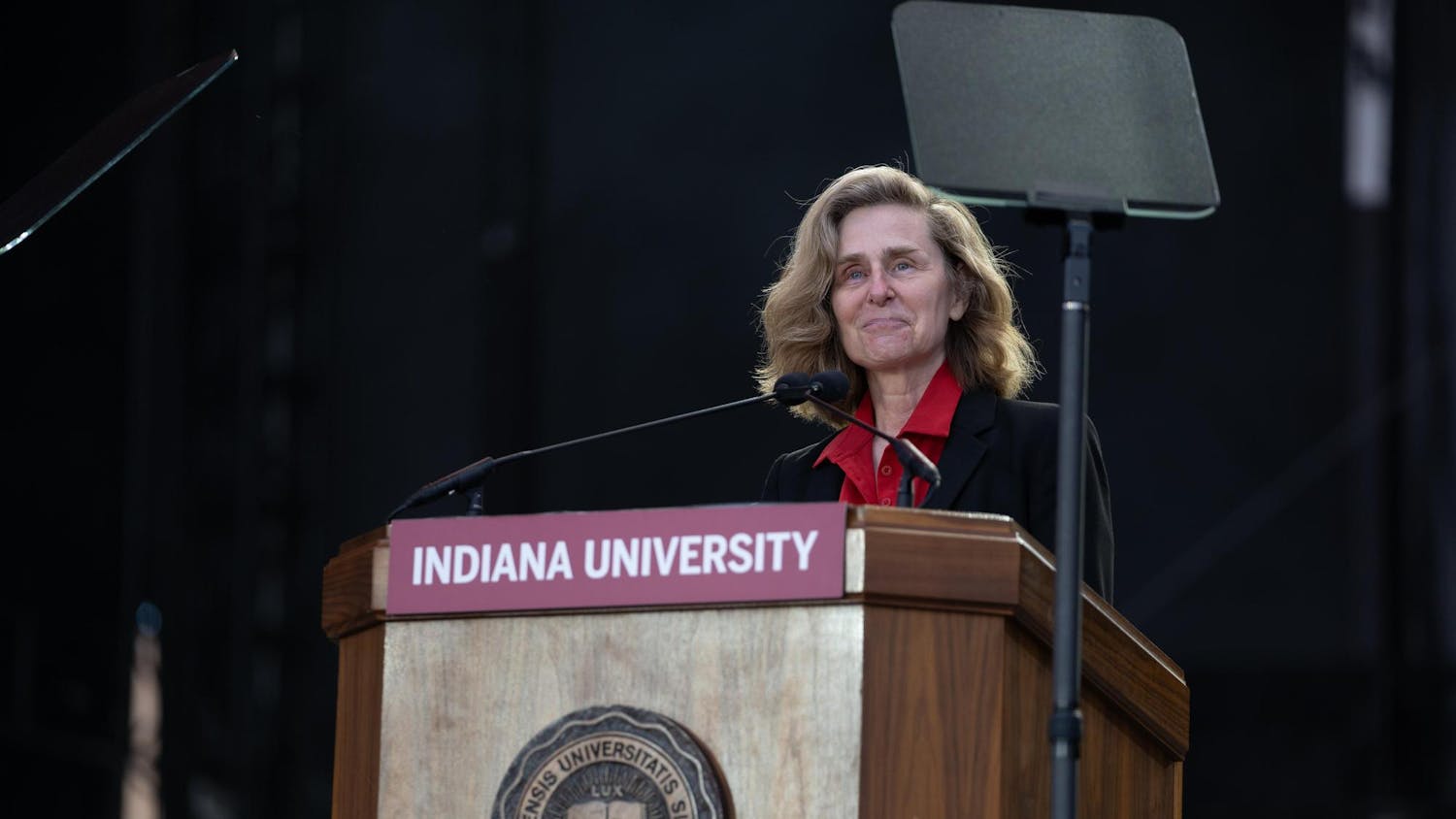The National Science Foundation has announced the Data to Insight Center (D2I) will share about $8 million toward its collaborative project, Sustainable Environment-Actionable Data.
SEAD seeks to advance the technological platforms on which scientific data pertaining to environmental sustainability can be recorded and shared.
“Through technology, we are able to link together people — and this is using Facebook-kind of technology — with their publications and with their data sets,” said Beth Plale, a principal investigator on the project and a professor at the School of Informatics and Computing. “We can start putting together a network that includes people, papers and data sets, and we’re trying to do that all for the broad area of sustainability science.”
Others who will be working on the project, which is funded through September 2016, include Margaret Hedstrom and Ann Zimmerman, both of the University of Michigan, Praveen Kumar of the University of Illinois and James Myers of Rensselaer Polytechnic Institute, according to a press release.
Katy Borner, professor at the School of Library and Information Science, and Robert H. McDonald, associate dean of Library Technologies and Digital Libraries and associate director at D2I, will assist on the project.
The cyberinfrastructure team at IU brings experience to the table, having helped develop “data marketplaces” for other academic communities before, Borner said.
The idea for the project began four and a half years ago as a discussion about environmental data between Plale and Hedstrom.
“To date, data has been difficult to obtain and use because disciplines across the natural and social sciences collect, describe and store their data in different ways,” Hedstrom said in the press release.
Additionally, this data is difficult to acquire for many scientists and researchers, Plale said.
“They (the research) are sitting in relational databases that aren’t accessible to anyone,” she said. “Part of it, too, is that some of the information is sensitive information. Part of what we’re doing is providing a secure environment where data can be sought for research needs but not just shared to the whole world, which can misunderstand and misuse it.”
The researchers leading the SEAD project hope that, through their own research, the research of those studying environmental sustainability can be more easily facilitated, Plale said.
“One thing scientists say is that, with your typical science project, you spend 80 percent of the time getting data, and you spend 20 percent of that time doing your research,” Plale said. “What we’re trying to do is flop that so you spend 20 percent of your time retrieving all of your data from your different sources, and you spend 80 percent of your time on research.”
The team plans to spend the first two years of the project working with scientists who are studying land sustainability, water quality and urban planning.
— Abigail Llorico
D21 makes environmental data easier to find, share
Get stories like this in your inbox
Subscribe





